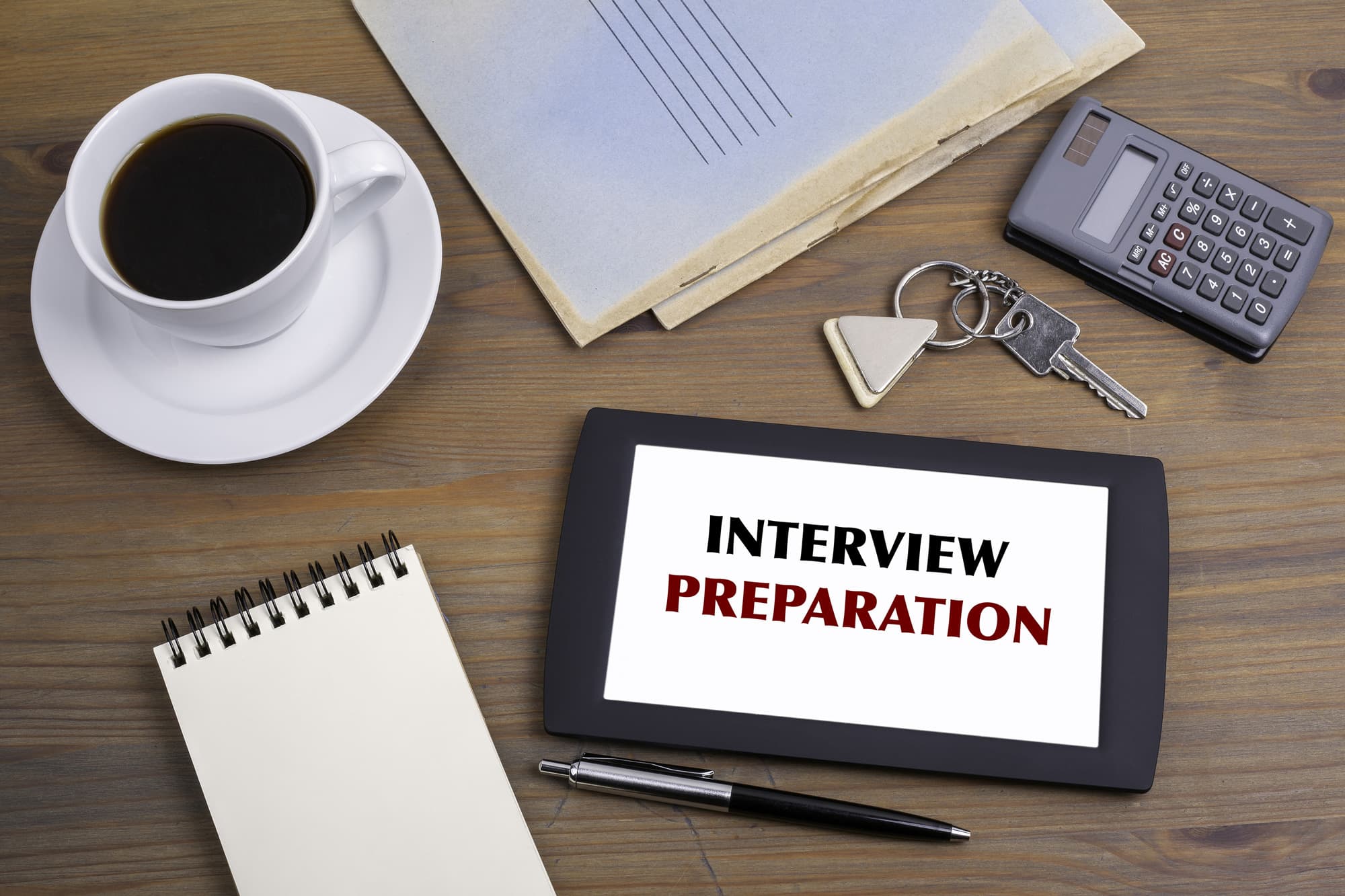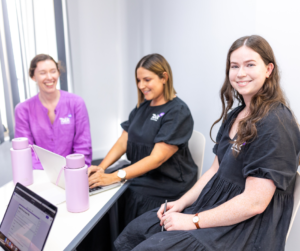You have studied for your Bachelor of Speech Pathology or your Masters of Speech Pathology and now its time to nail your speech pathology job interview! Don’t leave it to chance. Use these best preparation tips for your speech pathology job interview. These tips will help you stand out from your colleagues and secure your dream job.
Best preparation tips for your speech pathology job interview
As an employer, it always fascinates me how people approach interview preparation differently.
One thing that is certain, you can always tell the ones who have tried to “wing it” and perhaps would have benefitted from better preparation techniques.
So, I have interviewed my team who have a wide range of interview experiences with the government and private sectors and want to share the top five tips to prepare so you can feel confident before you go into the speech pathology interview!
1. Research the company before your interview
This goes without saying, however when you are applying for positions at several companies it can become confusing. Open your notes app on your phone (so you can always quickly review while waiting to be called in for your interview) and create a new note for each company.
Look at the speech pathology job description and find out the:
- Age range they service
- Communication conditions they assess and treat
- Professional development (PD) package they offer
Look at their website and find out:
- Company purpose, mission, vision and values
- What geographical locations are serviced by the company
- Who is the head of the speech pathology department
- Who are the clinical supervisors
- How many speech pathologists are on the team
- What other allied health professionals work there
Look at their social media and find out:
- Does their social media reflect the values and team culture that are described on the website?
- What type of information do they share on social media?
2. Prepare questions to ask the interviewers
If you aren’t able to find the answers to any of the above questions, these are great questions that you can ask the interviewers when you are asked “Do you have any questions for us?”. Be sure to make reference to the research you have done. For example, say something like “When I was researching your company, I was reviewing your website but I wasn’t able to work out who on the team were clinical supervisors. Could you tell me more about the clinical supervisors in your company and how clinical supervision is provided on a week to week basis?”
3. Preparation of speech pathology specific questions
You can work out some possible clinical questions that may be asked based on the ages and conditions of clients who are serviced by that company. For example, if it is a government agency that services schools, write out possible questions relating to developmental language disorder (DLD) and the school aged child such as the signs and symptoms of children with DLD, or the different assessments used to help diagnose DLD.
Also, remember how you were to research the information shared on social media? Well, this gives you a good insight into information that that company values so much it wants to share it with its clientele. Makes sense to brush up on your clinical knowledge of these topics then, doesn’t it!
4. Draw on your own experiences
This tip is a crucial part of your preparation for your speech pathology job interview. Anyone can recite theory and reproduce it in an interview. To make sure you REALLY STICK OUT, draw on your own experiences. If you are a new graduate, simply talk about specific examples from your university placements.
This shows how you integrate your learnings and makes your answers so much more genuine. Also, it is easier to recall your practiced answers when you can match them with a real-life client whom you have helped.
5. Teamwork, problem-solving, strengths and weaknesses
Most interviews will also include questions relating to teamwork and problem-solving. Simply write out answers to practice questions relating to these topics. Use personal examples of HOW you have been a team player or HOW you were able to solve a problem. Be able to describe what the consequences of your actions were. This demonstrates great reflection and insight – two very desirable qualities of a team member!
Some companies may want to know more about your strengths and weaknesses. Don’t try to fob these questions off by saying you have too many strengths to name or you simply don’t have any weaknesses.
If you are not sure of the answers to these questions, ask those closest to you.
Also expand on how you are aware of your weaknesses and name some strategies that you are actively practising to help you overcome them.
Speech pathology jobs
Once you nail that interview, you are ready to start your next exciting chapter in your speech pathology career.
If you feel that the promises made during the interview process don’t match your reality, it is always best to raise your concerns directly with your team leader first. They can’t fix what they don’t know!
If you feel like your voice is not being heard and you are contemplating changing speech pathology jobs, take the TalkHQ Careers Quiz to help you become really clear about what you are looking for in your ideal speech pathology job.







